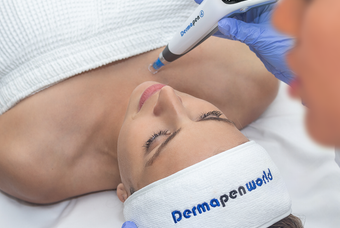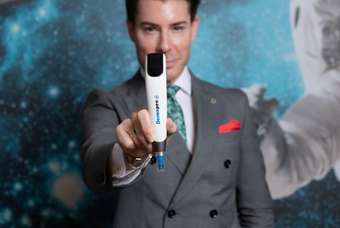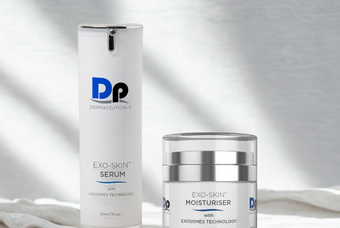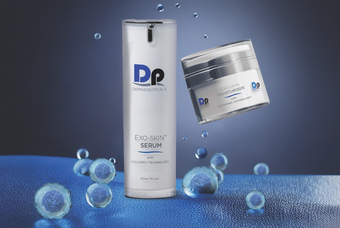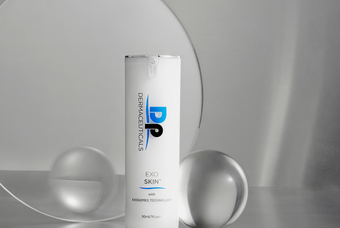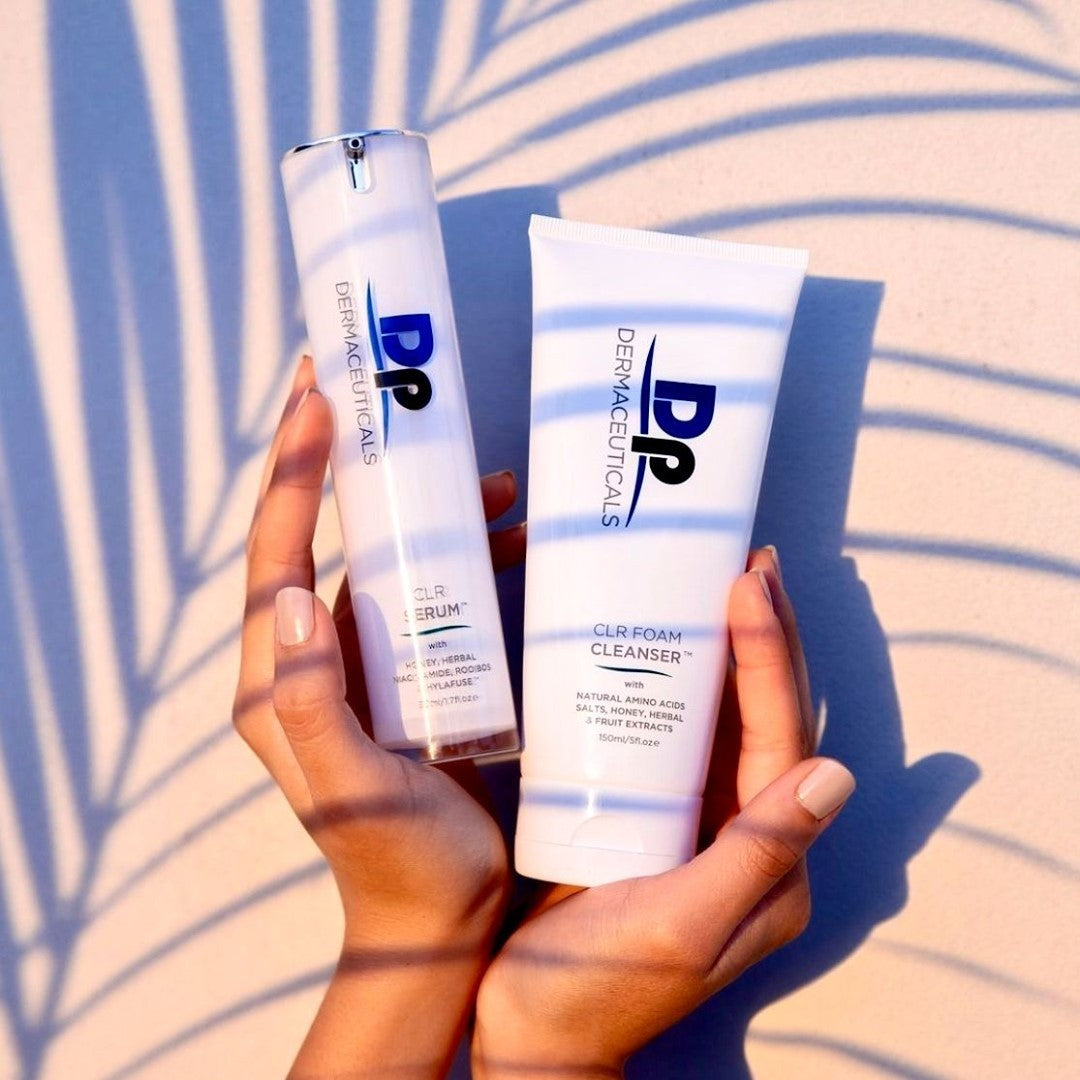Everyone deals with stress in a different way. But there’s no denying the impact that both acute and chronic stress have an impact on your body, including your skin. Stress can show itself in many forms, including the worsening of skin conditions like eczema, psoriasis and acne, or in the loss of collagen. The brain/skin connection is real. Psychodermatology, or the concept that there is an overlap between your mental health and the condition of your skin, is an exciting area of research.
Have you ever had to speak in public and blushed? That’s a perfect example of an acute temporary stress response. Psychodermatology is similar to dermatology in that it serves to address skin concerns, but also includes an element of mental health, focusing on how things like anxiety and depression change the skin. The mind is linked to the skin by way of sensory nerves that touch the superficial surface of the skin and its neuropeptides like cortisol, which influence the way that skin behaves. Cortisol imbalance can result in a multitude of issues like collagen breakdown and inflammation of the skin, which ultimately shows itself in the form of acne, eczema and premature aging. Even the skin barrier can become compromised, making your skin susceptible to allergens and predatory environmental factors.
In South America and Europe psychodermatology has caught on quickly. It has been taking root here in the United States as well, with the inclusion of a few psychodermatological disorders into the Diagnostic and Statistical Manual of American Psychiatric Association, or DSM-5. One type being studied is psychophysiological disorders or dermatologic diseases that are exacerbated by emotional stressors, conditions like acne or atopic dermatitis, where patients deal with flare ups that are brought on by stress.
How can you help your skin? Managing stress is the first step. Whether you engage in mindful meditation or find peace in yoga poses or breath work, this will help you find an outlet to deal with stress. Exercise, getting enough sleep and a healthy diet are beneficial for your overall well being and to minimize stress. The next step is to utilize clinical grade skincare products that address the issues that your skin is undergoing.

If problematic skin is an issue, using the best cleanser for sensitive acne prone skin is essential. CLR Foam Cleanser clears acne-prone skin gently without stripping it by using salts, amino acids, honey, herbal and fruit extracts to control oil production and neutralize p-acne bacteria. Inflamed skin becomes calm and clear. The best cleanser for sensitive acne prone skin is perfect to use every day for oily, combination and sensitive skin, with results that include even tone and texture.

To make sure that your skin has less opportunity for future breakouts and to hydrate luxuriously, follow with CLR Lotion. To reduce the excess oil that can clog pores as well as exfoliate dead skin cells on the top layer of the skin, CLR Lotion is effective in preventing build up. Lactic acid helps increase cellular turnover rate, making this a powerful ally in helping problematic skin.
Manage your stress and find the right products to help your skin and you’ll see a whole new glow in the mirror.


